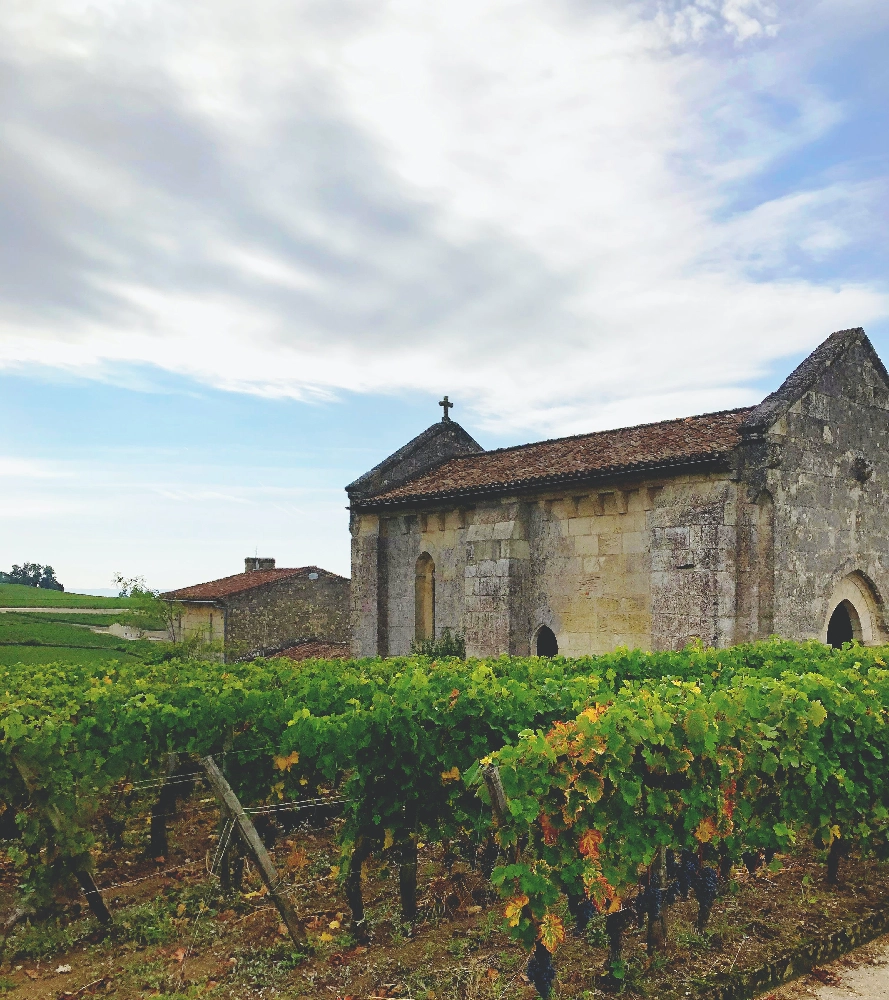
West Friesland Wineries & Wines Stats
Wineries
8
Wines
38
A Historical Review of Wine Significance in West Friesland: From Ancient Times to the Modern Era
Introduction: West Friesland, located in the northern part of the Netherlands, was historically recognized for its rich agricultural land and maritime resources. Although not renowned for wine production, this region has a fascinating historical relationship with wine that dates back to ancient times. This review explores the significance of wine in West Friesland, focusing on its cultural, religious, and culinary aspects throughout history.
Ancient Times: The earliest evidence of wine consumption in West Friesland can be traced back to the Roman era when the area was part of the province of Holland. Archaeological discoveries such as amphorae (wine vessels) and residue analysis have revealed that the Romans imported wine from regions like Gaul, Hispania, and the Mediterranean. Wine was used for various purposes, including religious ceremonies, medical remedies, and social gatherings.
Middle Ages: During the Middle Ages, West Friesland became a significant trading center, with wine being an essential commodity. Merchants from regions like Flanders, Brabant, and Champagne brought wines to sell in local markets. Monasteries, such as the Benedictine Abbey of Egmond and the Cistercian Abbey of Aduard, also played a role in wine production and distribution. Wine was used for sacramental purposes, as well as for medicinal and culinary applications within monastery kitchens.
Early Modern Period: The Dutch Golden Age (16th to 18th centuries) saw West Friesland's economy flourish due to the boom in maritime trade. Wine continued to be an essential import, with ports like Enkhuizen and Hoorn serving as crucial hubs for the wine trade. The influx of wine led to its increased availability and affordability, making it a staple in daily life. Wine was used for various purposes, including cooking and preserving foodstuffs such as herring and cheese.
Modern Era: In the modern era, West Friesland's relationship with wine evolved as the region became industrialized. The focus shifted from importing and consuming wine to producing other commodities like cheese, sugar beets, and tobacco. Although winemaking was not significant in West Friesland, local traditions continued, with wine remaining an essential ingredient in regional cuisine.
Conclusion: West Friesland's historical relationship with wine has been diverse and profound. From ancient times to the present day, wine has played crucial roles in religious, cultural, and culinary aspects of this region. Although not known for its winemaking tradition, West Friesland's rich history demonstrates the significant impact that wine has had on its people and development.
Keywords: West Friesland, Wine History, Ancient Times, Middle Ages, Dutch Golden Age, Culinary Traditions.
